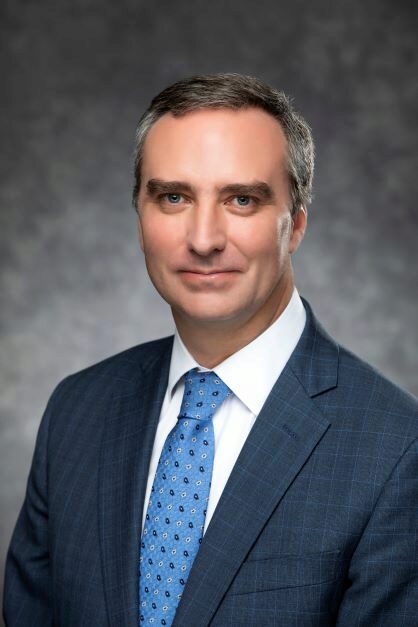The Health Care Management Department is one of the oldest, most distinguished, and most comprehensive in the health care field. Graduating its first class of MBA students with a specialization in Health Care Management in 1971, the department was in the vanguard of educating health care executives and leaders within the general management curriculum of a business school, breaking from the traditional public health and health administration models. The doctoral program was established in the mid ‘eighties, broadening the department’s mission to encompass the training of future health care management and economics scholars. The creation of the undergraduate concentration, also in the mid-‘eighties, provides Wharton students and students throughout the university with education and training in health economics, management, and policy. Offering more course electives in health care than any other business school-based program, every important sector of health care is covered in depth.
Today, the department is a vital community of internationally renowned scholars who have spent their careers following the evolution of health care services and technology, domestically and globally, and researching important management and economic questions arising from all aspects of this complex enterprise. The HCM faculty collaborate with medical, engineering, nursing, and other faculty from around the university to create interdisciplinary research and knowledge. HCM students have countless opportunities to work with faculty and health-related research centers throughout the university. Health care executives, entrepreneurs, consultants, investors, and other practitioners are involved as part time lecturers who bring the world of practice to the classroom. The Annual Wharton Health Care Business Conference organized by HCM students attracts more than 600 alumni, health care professionals, and national health care leaders from every subsector of health care. It has become a nationally recognized forum for the exchange of ideas about issues in health care business and management innovation. A vast network of alumni who hold leadership positions in every part of health care work in close partnership with the department in activities such as guest lecturing, recruiting and mentoring students, and providing access to business data and practices to faculty engaged in research projects. This close-knit community of scholars, students, alumni, and practitioners is widely considered a leading source of talent and leadership for the health care field.




